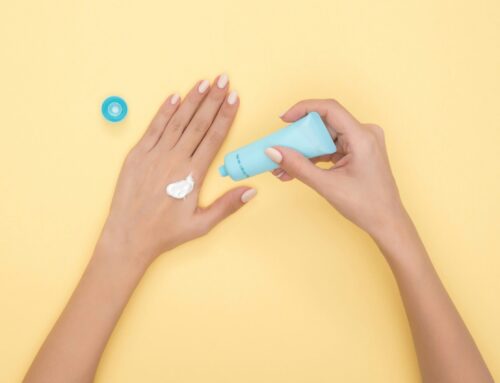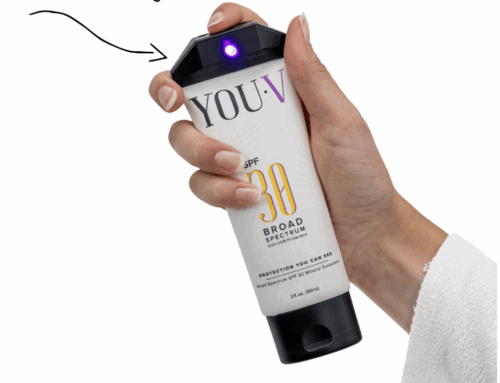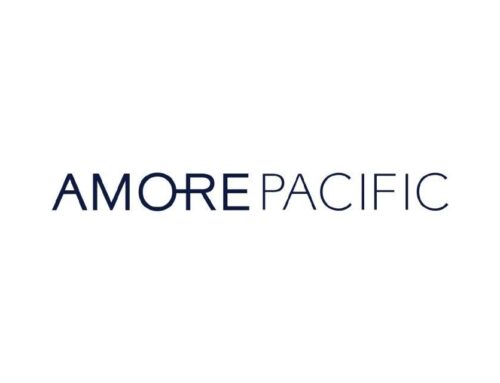As summer heats up, there’s big news in the world of sun protection: a new bipartisan bill, the SAFE Sunscreen Standards Act, has been introduced in Congress with the goal of modernizing how the FDA reviews and approves sunscreen ingredients in the United States.
Why Is This Bill Needed?
The U.S. has not approved a new sunscreen active ingredient since 1999, despite major advances in sunscreen technology abroad. While Europe and Asia offer dozens of modern UV filters, Americans are limited to a much smaller selection. This gap means we miss out on some of the most effective and cosmetically elegant sunscreens available globally.
What Does the SAFE Sunscreen Standards Act Propose?
The Supporting Accessible, Flexible, and Effective (SAFE) Sunscreen Standards Act aims to streamline the FDA’s review process for new nonprescription sunscreen ingredients. Here’s how:
- Modernized Standards: The bill directs the FDA to use real-world evidence, observational studies, and scientifically valid non-animal testing methods to assess safety and effectiveness. This is a shift from relying solely on traditional clinical trials.
- Faster Access to New Ingredients: By allowing alternative data and speeding up evaluations, the bill could bring advanced sunscreen filters, already used safely in other countries, to the U.S. market more quickly.
- Transparency and Reporting: The Act requires annual public reports on the FDA’s progress, including how many applications have been reviewed and the use of non-animal testing methods.
- Cancer Prevention Focus: The legislation reinforces that sunscreen is a proven tool for preventing skin cancers, including melanoma, the most common cancer in the U.S..
What’s the Impact for Consumers?
If passed, this bill could mean:
- More Choices: Americans may soon have access to a wider range of sunscreens, including those with modern UV filters that are more effective and pleasant to use.
- Improved Safety and Efficacy: New standards will still ensure products are safe and effective, but the process will be more efficient and science-driven.
- Ethical Testing: A focus on non-animal testing methods aligns with modern research and consumer values.
Why Does This Matter Now?
Skin cancer rates continue to rise, with over 5 million Americans treated each year and melanoma cases expected to increase further. Upgrading our sunscreen options is a practical, preventative health measure that could help protect millions of people.
What Happens Next?
The SAFE Sunscreen Standards Act is currently under review in the House Committee on Energy and Commerce. If it becomes law, the FDA will have 180 days to issue guidance on how companies can use alternative testing methods for new sunscreen ingredients.
For now, dermatologists and skin health advocates are watching closely, hopeful that Americans will soon have access to the best sun protection science has to offer.



